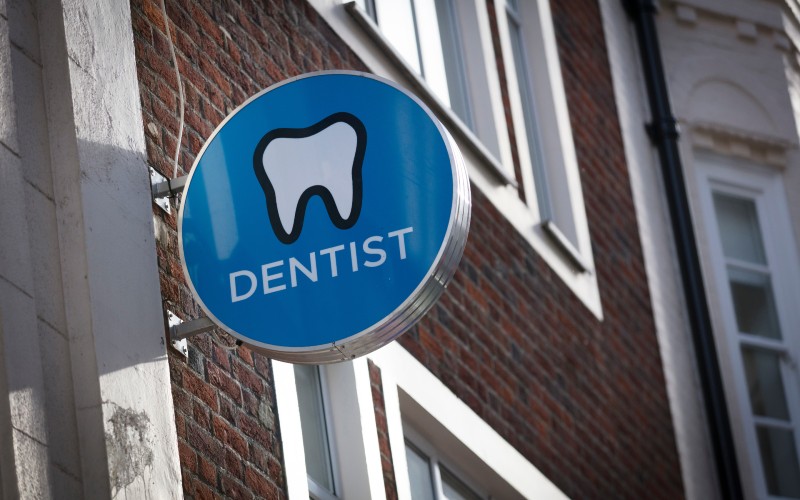
When we act for a seller or a buyer of a practice, in most cases the focus is primarily on the goodwill of the practice. There is a side mention of the surgery premises (whether it is owned or leased), but it is very much an add on.
This is totally understandable, as the bulk of the value of the practice tends to lie in the goodwill. In turn, the property market hasn’t been spectacular over the last 10-20 years, unlike in previous decades, and so the likelihood is that if you own your premises, it won’t have shot up in value over that time.
Having said that, without a premises a practice can’t operate, so it is really important that a principal ensures that their property arrangements and documentation are all in good order. This becomes particularly important when you come to sell the practice. In our experience, it can often be the property which causes problems at the time of sale. Many cause delay, many will involve cost to deal with, and in the worse case scenario may prevent the sale happening. However, with some forward planning a number of potential issues can be addressed.
We can’t cover all of the property problems which might arise, but here are some common issues which we see from time to time:
Title Deeds
In a partnership, the partners change from time to time. When that happens, the documentation to keep the title deeds to the property in line with the current partners needs dealt with. Otherwise, when you come to sell, your lawyers may need to track down long retired partners to have them sign paperwork. That dentist lazing on a beach in Australia may not be in a rush to sign!
Building Warrants (& Completion Certificates!)
When you do alterations to a building, in many cases you will need local authority consent, known as a Building Warrant. Your architect should obtain that for you, but make sure that all is in place. Just as importantly, once you have done the work, that isn’t the end of the road. You need to get the local authority out again to inspect them. They will check that the works have been carried out in line with your Building Warrant, and if so they will issue you with a Completion Certificate.
If you didn’t get all of the necessary paperwork at the time, there is the potential to have the Council review the works afterwards. They could then give you what is known as a Letter of Comfort. However, it isn’t advisable to assume that would be forthcoming. They may require further works to bring the premises up to current Building Standards, as opposed to the Standards which were in place at the time of the works (you can hear the kerching of the till now!). Even worse, they may require that the alterations be reversed.
Planning Permission
Alongside Building Warrants, in some cases a Planning Permission may be required. In particular, if part or all of your premises was previously used for another purpose (such as a house, shop, or office) you will need Planning Permission for Change of Use.
Leased Premises
If alternatively you lease your premises, there are a number of issues which can arise on sale.
Firstly, and rather obviously, how strong is your lease? If it is worded in favour of the landlord, a purchaser may hesitate in taking the lease on in its current format. The answer there is to ensure that your lease is reviewed by an experienced commercial property lawyer before you sign it.
Once again the lease may provide that alterations can only be carried out with the consent of the landlord. Have you got all such consents in place?
Your lease may only have a short time to run. A buyer will generally want the security of a number of years in the premises, and so may wish to have the lease extended when they buy. You may therefore wish to explore this with the landlord before sale to get some comfort that they are happy for the lease to run on.
Finally, we do see some practices which operate from NHS or Health Board owned premises. In such cases, it is surprising how many have no written lease in place. While it may be very unlikely that the NHS would evict a practice, that isn’t much comfort to a buyer who is spending substantial sums of money to acquire a practice. Nor is their bank likely to be hugely excited about that situation. It is therefore a good idea to seek a written lease from the NHS, although you should be prepared for that to take a considerable time to achieve.
Plan Ahead
All of these potential issues are capable of being dealt with, but ideally you would wish to do so when there is no sale in the offing, and you can address them in your own time. So we advise our clients to check these aspects long before a sale. We are happy to help with that process if required, but either way planning ahead will set you up for a hopefully smooth sale process when the time comes.
Michael Royden is a Corporate Solicitor specialising in advice to the dental profession. We are always delighted to talk without obligation about whether we might meet your needs. Call Michael on 03330 430350 or email mroyden@thorntons-law.co.uk
